Goodness Gracious We!
While Singapore strives for the top spot in areas such as economic performance and technological advancement, where do we stand as a gracious society? Our senior and younger alumni from various fields share their perspectives.
State of the ‘Heart’
In 2013, as part of a campaign to spark conversations on the topic, Singa — Singapore Kindness Movement’s lion mascot — resigned, stating that he was tired of “an increasingly angry and disagreeable society”. How valid is this impression of Singaporeans today? Have we made progress in our journey to becoming a kinder, more caring country since then?
OUR PANEL
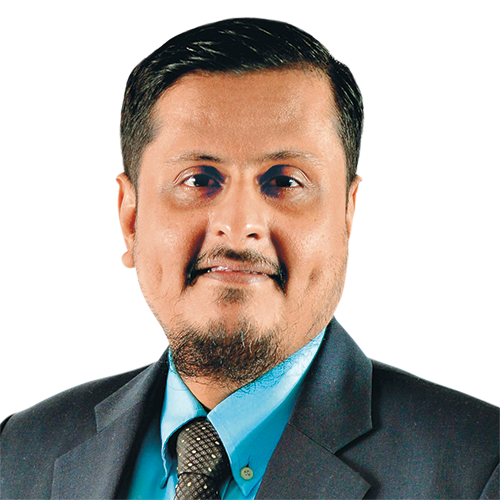
Dr Mustafa Izzuddin
(Arts and Social Sciences + USP ’05)
Adjunct Senior Lecturer, University Scholars Programme (USP)
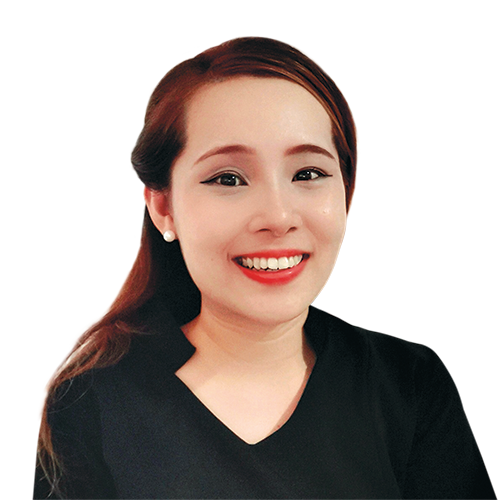
Ms Michelle Lau
(Arts and Social Sciences ’18)
Co-Founder, KampungKakis
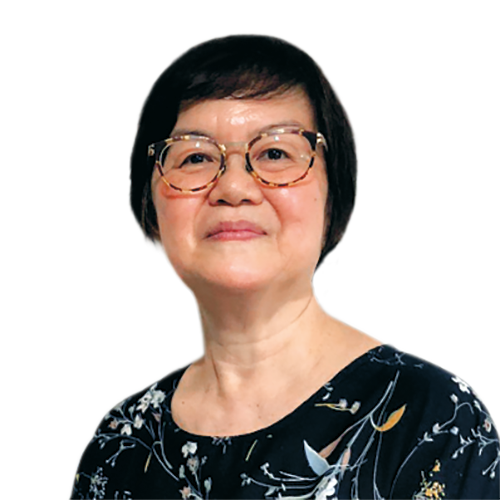
Ms Lee Lay Beng
(Arts and Social Sciences ’81)
Retiree; Ex-Principal Medical Social Worker, Tan Tock Seng Hospital; 2003 Outstanding Social Worker Award Recipient
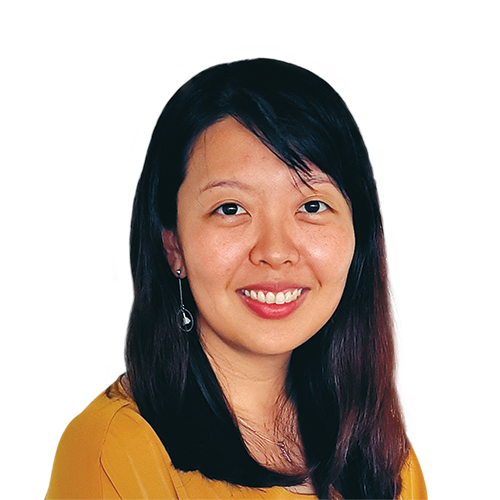
Ms Ivy Tse
(Engineering & Business ’11)
CEO, Halogen Foundation Singapore
What, in your opinion, is a gracious society?
Mustafa Izzuddin: It is human nature to be selfish, so a gracious society would be one where individuals can surmount that and take care of one another, realising that everyone has a part to play. It is the spirit of gotong-royong (neighbourly cooperation) — and while we don’t really have physical kampungs any more, that spirit remains its core. A gracious society is one which looks after, and spares a thought for, the vulnerable.
Ivy Tse: Graciousness to me is a way of living, and a gracious society is one that practises kindness and compassion, and adopts the other mindsets associated with these acts naturally. It is something that is in all of us — and for those who might have forgotten, it’s just about tapping into our inherent nature and regaining the “muscle memory”.
Lee Lay Beng: It’s a society wherein we develop not just as individuals, but as a community that cares about its members. We have focused so much on competitiveness and on training our survival instincts. But our humanity has a part to play in the development of a nation too. The COVID-19 pandemic has awakened us to the importance of living not just for ourselves, but also the community that we are part of. That said, we have a lot to catch up on — and new role models to seek.
Michelle Lau: I agree with Lay Beng. In a gracious society, nobody is made to feel like a stranger, and empathy and kindness are shown to all, regardless of language or cultural background. Singapore’s competitive, fast-paced environment drives us to pursue academic and career excellence — and we might have lost the ‘human touch’ in the process. My hope is that while we strive to be number one in finance and everything else, we can also strive to be number one in graciousness.
Is building a competitive nation at odds with nurturing a gracious society?
Ivy: The economic development of our country is something that we should appreciate and treasure, but we do need to be able to code-switch [from a competitive mode in the corporate world to a gentler way of living outside of it]. And it is possible: I left the private sector for the social service sector. But that doesn’t mean that everyone has to go down that same path! A person working in a sector for good, but who doesn’t actually care about the people around him or her, isn’t gracious either.
Mustafa: They are not mutually exclusive. Riding on globalisation and racing to the top might have made us forget about the ‘human’ side of what we do. But to even just think about it is recognising the importance of being gracious. In fact, we see acts of graciousness in all sectors these days, from private-sector companies becoming more socially responsible to the public sector putting more effort into building an inclusive society. Things are changing — and I expect it to happen more quickly now, given the wave of social movements around the world. While Singaporean society is unique, we are not immune to global trends, and these events can motivate us to build a better society.
Lay Beng: Striving for excellence and being compassionate can co-exist, but I feel that we need graciousness in our leadership to build a gracious society. I see our youths doing volunteer work to build their academic portfolios — but does our education system impart important values and ethics? Or are we treating graciousness as a subject?
Has our system conditioned youths to see “doing good” as a checklist item to give their CVs an edge?
Michelle: Our education system and government have been trying to put more emphasis on promoting graciousness through small initiatives. And we do observe youths being enthusiastic about helping others. KampungKakis, a buddy system that matches volunteers with neighbours-in-need — with a focus on elderly and vulnerable residents who may be increasingly isolated due to social distancing measures, has seen an overwhelming number of volunteers. However, we found that the youths did not know how they could help or get the ball rolling — this is an aspect that we can improve on.
Mustafa: As an academic, I find it hard to teach graciousness. It is not something that stops when you leave school. Values are inculcated through action. The delight derived from doing something that makes you feel like you have made a difference in the lives of others — or even just putting a smile on someone’s face — will spur you to want to do more in a spontaneous and organic way. Youths doing good work can also have a cascading effect — there is no need to force it upon them. Doing 30 years of youth development work has also taught me that young people will find their own niche and understanding if you give them the freedom and space to grow. If you provide them with bottom-up, youth-inspired opportunities, and let them take ownership, they will learn. At the same time, we need to give ourselves a bit more credit: we have a burgeoning NGO sector and incredibly active young people. They can be idealistic, and so need support and guidance from mentors to help them improve on what they are doing.
Ivy: Peer influence really works. And while I am deeply appreciative of the conversations about Gen Z and Millennials, I feel that labelling persons by their age group (“Oh, you are a Gen Z, so you behave this way”) or shaming their behaviour (“If you don’t give up your seat you are a bad person”) doesn’t help. I believe that everybody wants to be kind and gracious, and positive narratives that highlight those who do good can awaken that innate quality.
Lay Beng: I respect my children and grandchildren as unique individuals. Rather than force values upon them, I try to communicate clearly why I do certain things in a certain way. For example, rather than get upset by those who might do things more slowly, I take it as an opportunity to train my patience, and I will share this with the young. The experiences that my peers and I had growing up also helped us to be more gracious. I belong to the last year of the Merdeka Generation, and back then, everybody was pulled into the same class in school, whether you were rich or poor, or even physically disabled or mentally challenged. Our teachers made an effort to treat everybody with respect and genuine care and concern, and it taught us to be accommodating of differences. But as we become more structured and systematic, we have forgotten this basic graciousness.
Ivy: I catch myself wondering at times about our work with youths. Volunteer work might be structured, but it is important because of the exposure it gives. Without that exposure, I would not have changed my career trajectory. Yet what is more important is the sense-making aspect of it: guidance to understand the intrinsic value of doing social work. I am often amazed by how some of my peers think and talk about society, and I have come to realise that they developed this perspective from a young age. While there is nothing wrong with a systematic way of promoting graciousness, the best way to teach it is to live it. So, while we think about youths, we also need to work on ourselves (in order to inculcate positive values).
GIVE AND LET LIVE
In 2020, the World Giving Index report published by the Charities Aid Foundation (CAF) in the United Kingdom examined the trend of giving around the world over the last 10 years. Singapore ranked
46th in a list of 143 countries.
The CAF polled more than
1.3 million people globally and looked at three aspects of giving behaviour. Respondents were asked whether they had done any of the following in the past month:
- Helped a stranger, or someone you didn’t know who needed help?
- Donated money to a charity?
- Volunteered your time to an organisation?
Source: www.cafonline.org
Does building a gracious society start in the family?
Being gracious is about building a community that respects individual differences. By doing so, we create a forgiving environment that enables one to acknowledge their problems and weaknesses.
Ms Lee Lay Beng
Michelle: Graciousness starts from how you treat your own family. If you aren’t empathetic to your own family members, it’s not congruent for you to behave in such a way in public.
Lay Beng: We need to respect differences in families just as we respect differences in individuals. Rather than impose certain “correct” ways of doing things, we need to see where each family and individual is in their stage of growth in life. Being gracious is about building a community that respects individual differences. By doing so, we create a forgiving environment that enables one to acknowledge their problems and weaknesses. Only through such awareness can we have acceptance, understanding, and compassion.
Ivy: It’s a bit tricky when it comes to family. Every family is different, and we express emotions differently and have different beliefs. The way I see it, we are trying to move the ‘big picture needle’ slowly, without making any value-judgement or imposing an idea of how things should be. This is not about everybody moving uniformly like a marching army, but about creating a collective awareness of the importance of graciousness.
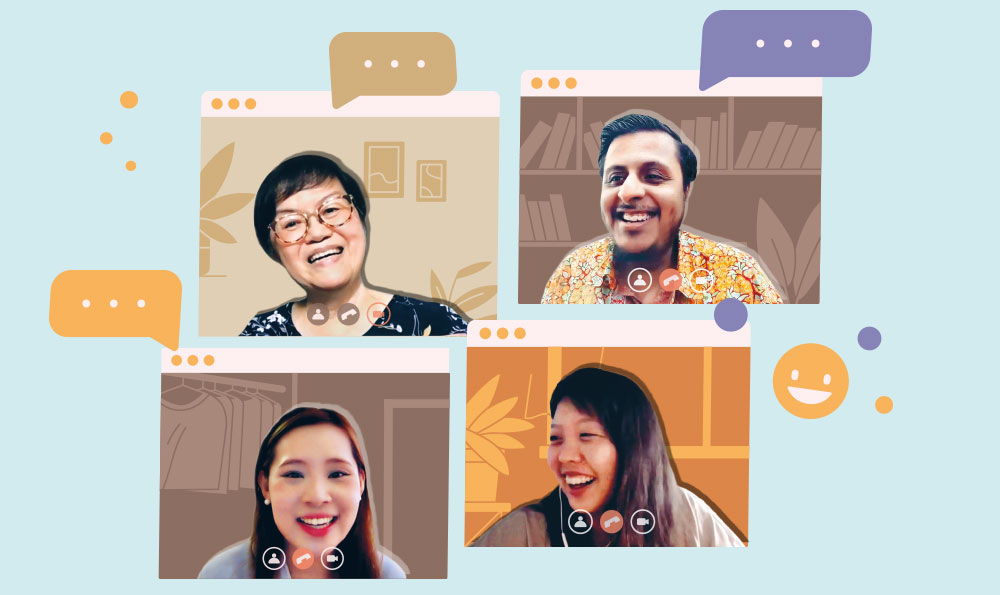
What is your view of the behaviour of “Ugly Singaporeans” that we see on social media?
Our diversity is our strength. Asian values that have been localised — such as gotong-royong, and the idea of solving problems together as a community — add to that.
Dr Mustafa Izzuddin
Mustafa: Ugliness is not new; it’s just amplified by social media these days, and often we as viewers don’t even try to understand the reasons behind the person’s actions. That said, “Ugly Singaporeans” will always be there — and you can see that side of society in any country. It’s just part and parcel of society. I wouldn’t arrive at any judgement about what Singapore is like solely because of them. What’s important is to rise above the ugliness that is being perpetuated and bring out the goodness instead.
Ivy: Do our youths have any consciousness of what they consume on social media? If they only read one part of it, it would skew their perspectives and take them deeper down a certain path. In recent months we’ve seen a lot of people stepping up for minorities or the disadvantaged. However, I feel that the way it has been done created a lot of ‘You vs Me’. We must be very careful with the messaging, because a gracious society should be one that brings people together, not divides them further.
Mustafa: Sometimes, you need loud voices to get people talking about the issues — we need a bit of messiness in society. That said, one should still be mindful and tactful. The way things are done on social media can be worrying, but instead of avoiding it, we should think about how to use it for the right purposes and how to bring graciousness into the way we use it.
Does Singapore society have any unique attributes that might help us in our journey towards becoming a truly gracious nation?
Ivy: We are very driven and meritocratic — so if we want something bad enough, we will get there! The knowledge and skills that we have acquired to build the nation into what it is today can be applied to this domain, and I do see some degree of that transfer in this area. Some might look at us from the outside and question things like our Courtesy Campaign — but that’s just our modality. I don’t see it as an indication of how “Third World” we are. Certainly, we could be more innovative, but I wouldn’t be so hard on our structure. A lot of what we discussed today has been about how to structure things, and teach this and that. That’s just how we are — we are just really good at structuring things! It’s instinctive in Singaporeans.
Michelle: Our multicultural, multilingual make-up — and added to that, the huge presence of foreigners in our labour force — stands us apart from many other countries. This diversity does help us to be more embracing of differences. We are making good progress, but there is still much to learn. The pandemic has ignited the flame for helping those in need, but we can do a lot more as a collective society. I hope Singaporeans will maintain this sense of curiosity about those different from us and around us, starting from our own neighbourhoods. Also, graciousness is not a one-way street. We often think of doing good as the privileged giving to the needy. But it is even more empowering when we enable those who are less fortunate and get them to a position where they can even help others. For example, we have seen seniors who benefitted from the KampungKakis matching system stepping up to give to neighbours in the same situation as them, even in small ways such as sharing food. I find that very inspiring.
Lay Beng: The COVID-19 situation has given us an appreciation of the different struggles that many people have, and I have observed strong community spirit and a lot of very good initiatives throughout this pandemic. My hope is that we will never lose what we have learnt and that we will push on in growing socially, emotionally and psychologically.
Mustafa: Our diversity is our strength. Asian values that have been localised — such as gotong-royong, which I mentioned earlier, and the idea of solving problems together as a community — add to that. To do a bit of forecasting, I think we have acts of kindness and compassion in our society in abundance, and we should be proud of what we have achieved, despite the instances where we see ungraciousness. The litmus test going forward will be how we minimise such unsavoury incidents through education and other means. Hopefully, we will be able to move from having the glass half-full, to three-quarters full.